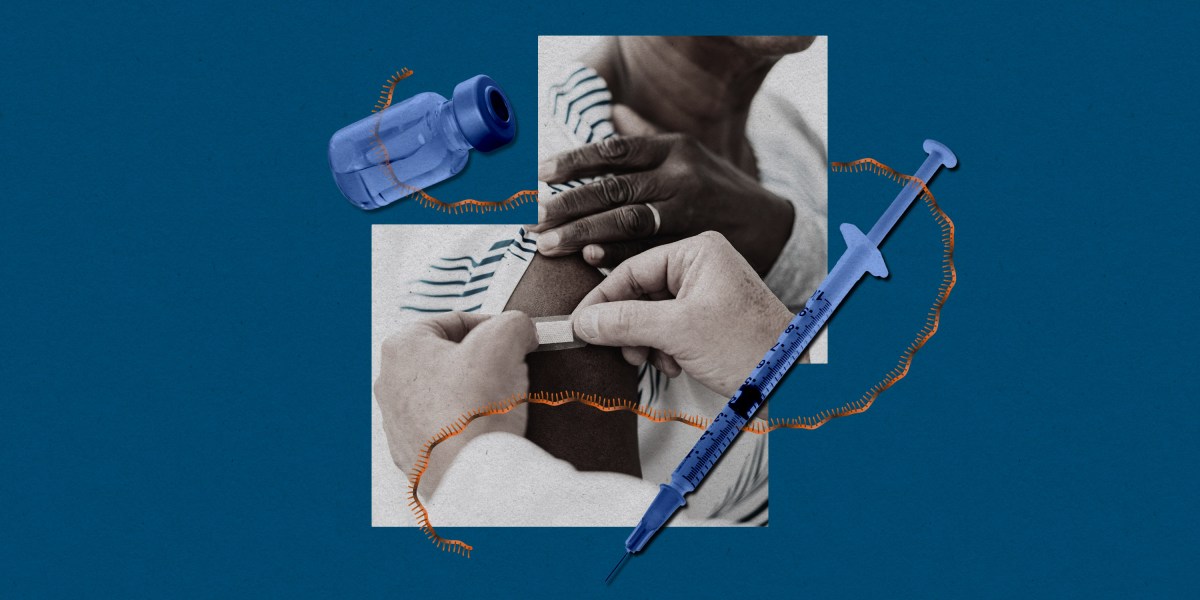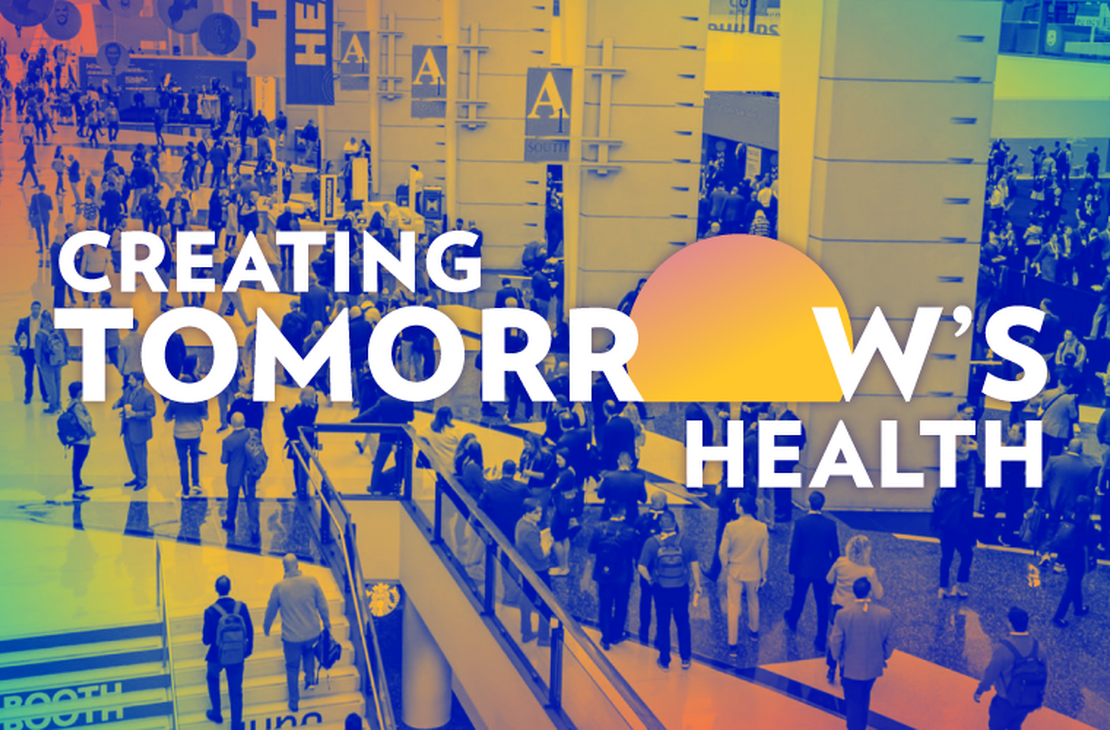A large-scale pilot for patients living with stroke has been announced in five NHS trusts following an initial smaller-scale pilot at University College London Hospitals NHS Trust (UCLH), with the aim of reducing health inequalities.
Launched in December last year, My Stroke Companion, the first personalised educational package for patient living with stroke, marked the start of a year-long trial.
The project sets out to reduce health inequalities by connecting people with personalised health information to help them manage their condition in a way that suits them. It has been announced that the project will be extended to a further four trusts later this year following the initial launch at UCLH.
My Stroke Companion was co-created and piloted by UCLH and Cognitant, specialists in patient information. It is the first time visual and interactive content has been individualised to a patient’s type of stroke, their medication, symptoms and local support services available to them.
The first of its kind large scale pilot will feature 500 patients and follows a successful smaller-scale pilot of the personalised digital support package by the UCLH hyperacute stroke unit.
Dr Robert Simister, clinical lead for the My Stroke Companion project at UCLH, said: “We wanted to work with Cognitant to develop My Stroke Companion because currently, there is a real lack of personalised support that is offered to stroke survivors, and we feel that the project is capable of bridging this gap.”
Each patient participating in the expanded trial will be issued with a personalised information prescription, which they can share with family members and carers, helping them to manage their condition.
Explainer videos and visual content help users to fully understand and memorise information about their condition. Links to further support organisations and contact details of medical teams are also provided if the patient seeks further help on lifestyle changes, such as quitting smoking.
The new pilot aims to trail My Stroke Companion with patients and their families in a variety of different communities, with 300 coming from UCLH and a further 200 from four other NHS trusts, including North Bristol NHS Trust.
Daisy Allington, chief operating officer of Cognitant, said: “We’re very excited about My Stroke Companion, not just because of the huge benefits for stroke patients, but because this trial will enable us to develop personalised services to aid patients with other long-term conditions and their families.”
After the trial, Cognitant and UCLH hope to evolve My Stroke Companion to dynamically update with the patient journey, so that for example new information is provided as the patient changes medication.
Lots of work across the NHS has been done over the past few months to advance stroke care and enhance the lives of stroke patients.
An example is at Ipswich Hospital, where it has seen benefits to its stroke pathway thanks a partnership combining Visionable’s virtual healthcare collaboration platform and Brainomix’s e-Stroke imaging software.







/cdn.vox-cdn.com/uploads/chorus_asset/file/25020413/xboxsphere.jpg)



